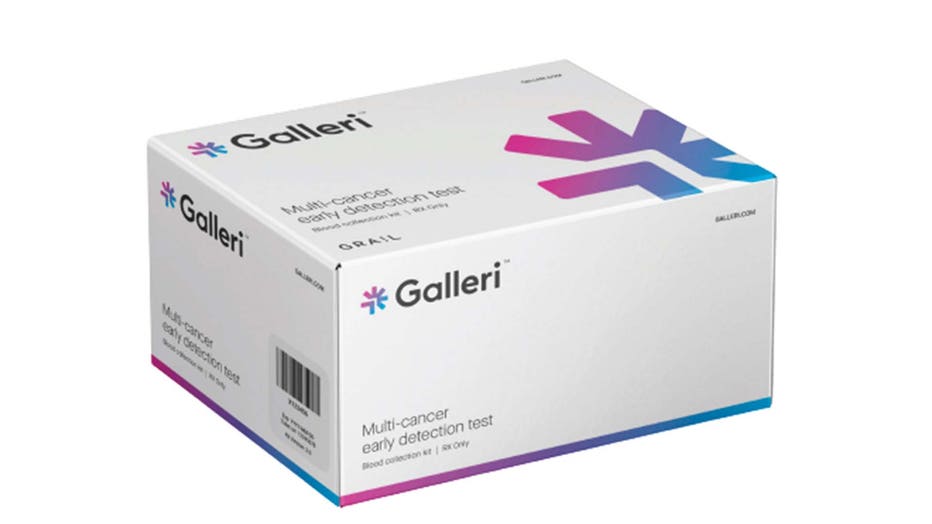Mayo Clinic developing blood test that can spot more than 50 types of cancer
The Mayo Clinic is developing a breakthrough blood test that can detect more than 50 different types of cancer across all stages.
The test, known as Galleri, was created in partnership with Menlo Park, California-based biotechnology and pharmaceutical company Grail.
Galleri looks for signals present in the bloodstream that may be associated with cancer at the time of a blood draw.
The test uses next-generation sequencing and machine-learning algorithms to analyze methylation patterns of cell-free DNA (cfDNA) in the bloodstream, which can carry cancer-specific information. DNA methylation is a process used by cells to regulate gene expression. If a cancer signal is detected, Galleri will pinpoint where in the body the cancer is coming from to help health care providers determine the appropriate next steps for patient treatment.
Currently, recommended cancer screenings in the U.S. only cover five different types of cancer and can only screen for one type at a time. According to Grail, 71% of cancer deaths are caused by cancers that are not commonly screened for.

FILE - Galleri blood test for cancer detection. (Grail)
RELATED: NIH: Routine genetic testing of some newborns’ siblings for cancers could cut deaths
Galleri, which is not covered by insurance, costs $949 and must be ordered by a licensed health care provider, such as a physician, nurse practitioner or physician assistants. Grail says that Galleri currently has 89% accuracy in predicting cancer signal origins and estimates that approximately 1 out of every 200 people tested by Galleri receive a false-positive result.
Results typically come about two weeks after the blood draw. Galleri is recommended for use in adults with an elevated risk for cancer, such as those aged 50 or older, and should be used in addition to other routine cancer screening tests, such as a colonoscopy or mammograms.
Grail is currently working to obtain full approval for Galleri from the Food and Drug Administration. A Mayo Clinic spokesperson declined to offer a timeline on when the test will be widely available to consumers.

